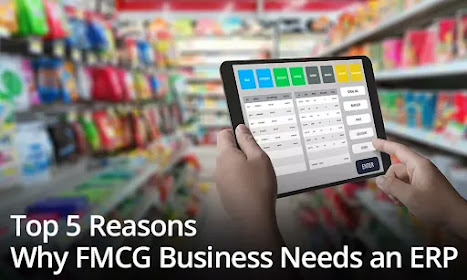Introduction to Cloud Accounting for Your Business
Many small businesses find it difficult or time-consuming to manage their financial records. If you are one among them, it is time to switch to cloud accounting software.
For those who are already using it, well done. For those looking to streamline their financial management, this article provides a brief overview of cloud-based accounting software for small businesses.
Cloud accounting software: What is it?
Cloud or online accounting software adapts the SaaS (Software-as-a-Service) business model. The software is hosted on remote servers or clouds, allowing businesses to access all the essential tools through the internet.
Cloud-account software helps businesses manage and balance financial records. They facilitate easy management of several accounting aspects, including accounts receivable, accounts payable, and the general ledger. However, all remotely.
Key features of cloud accounting
Cloud accounting software offers several features, allowing businesses to manage accounting easily. Some key features include:
- Artificial intelligence
- Automation capabilities
- Compliance management
- Integration capabilities
- Rich reporting
- Real-time analytics
- Mobile access
- Security
Why should businesses adopt cloud accounting?
Cloud accounting significantly helps businesses manage their finances and records. Some reasons to adopt this advanced accounting technique are:
- Automate tedious tasks and save time
Many find accounting and bookkeeping to be tedious. It is all thanks to their repetitive nature. Adapting cloud accounting will automate all these mundane tasks, saving a lot of your time and effort. Even those with no enormous expertise will be able to run the software.
- Data security
Malware and viruses are always a threat to the data. They can damage sensitive information, data, and devices, which can affect the credibility of your business. Shifting to cloud accounting significantly reduces this risk.
Cloud accounting software stores all the essential data on its servers, ensuring all your files and data remain safe. Additionally, this software employs encryption and firewalls while keeping your internal data secure.
- Save operational costs
In the past, businesses had to hire trained accountants or tech specialists to manage their financial records. The additional employment added to the operational costs of the business. To cut that down, shifting to cloud accounting is an excellent idea.
The entire software is internet-based, with a limited amount required to unlock additional features. Moreover, it eliminates the need to invest in loaded computers that support enormous data and accounting software. Ultimately, reducing the operational costs.
Wrapping up
Cloud accounting, unlike conventional accounting techniques, significantly eases financial record management for businesses. They are tailored to business requirements and ensure that employees can focus on other valuable tasks.
For a custom cloud accounting solution, consult experts at ZipERP.




Comments
Post a Comment